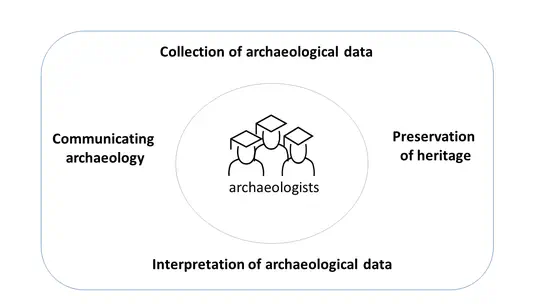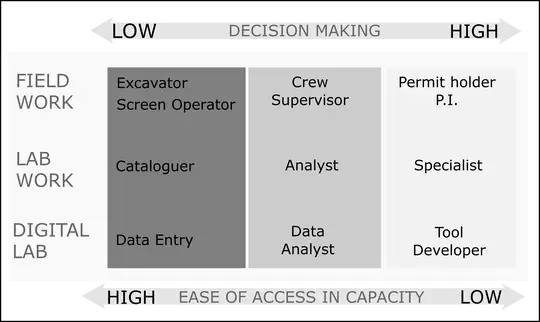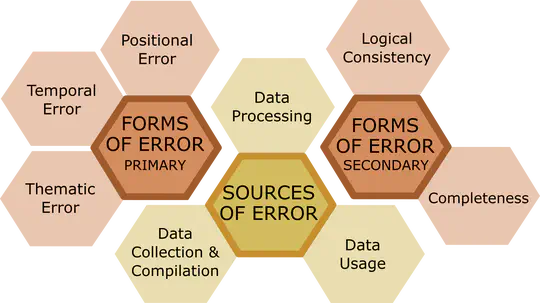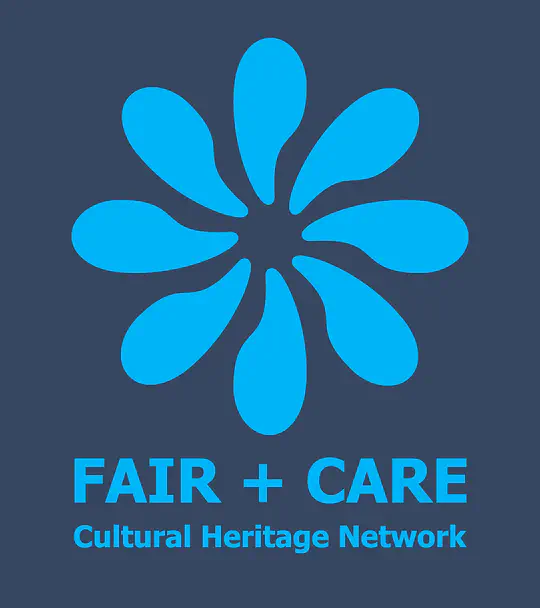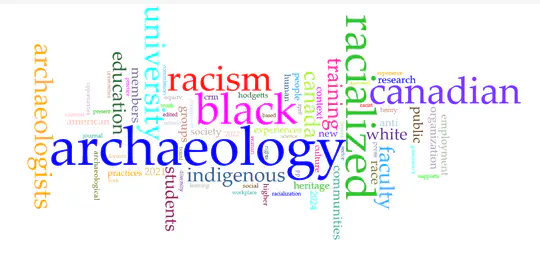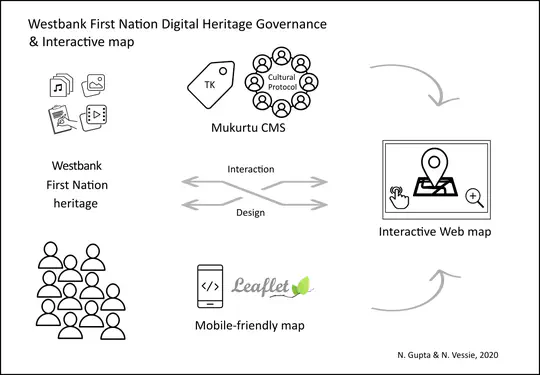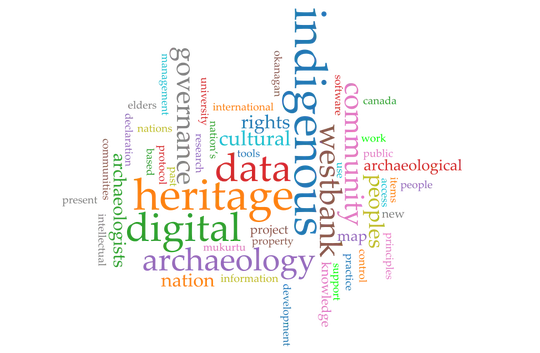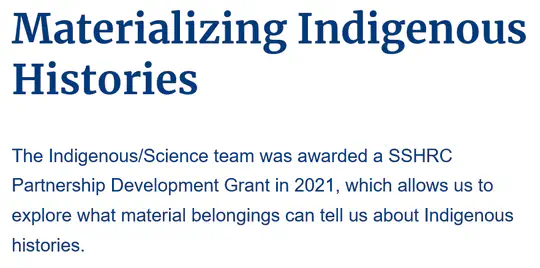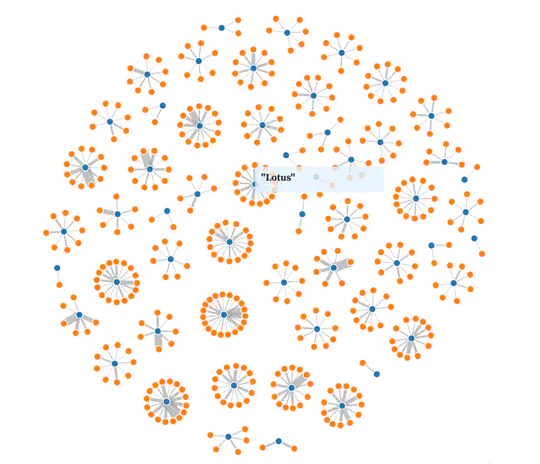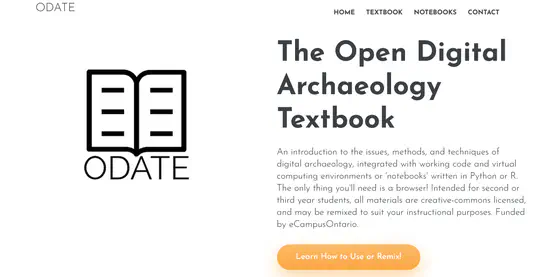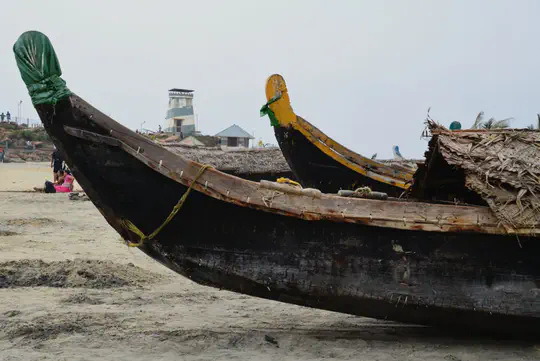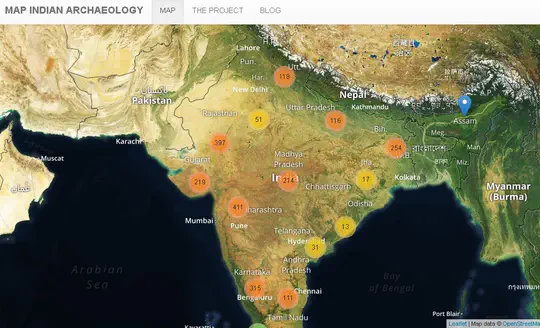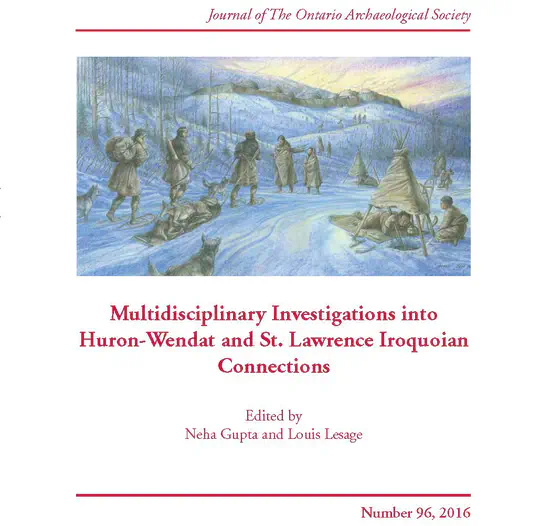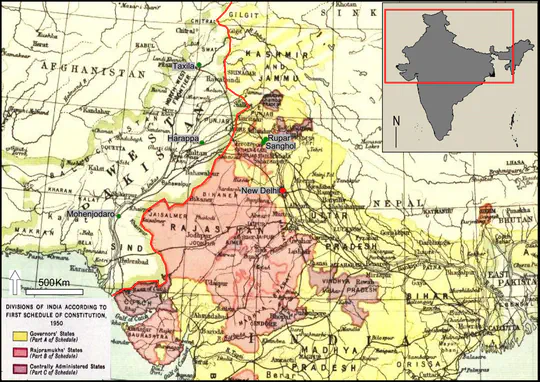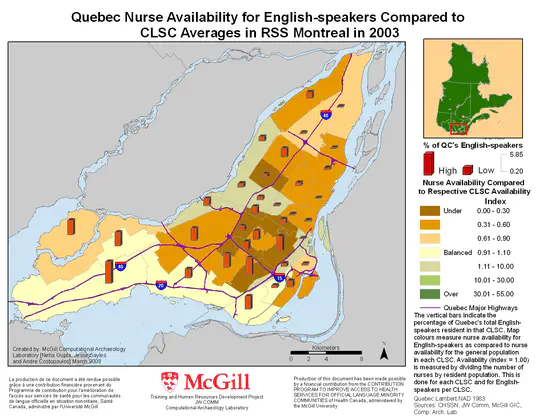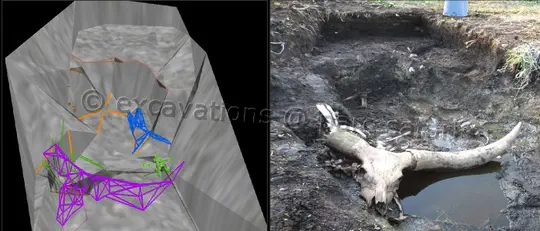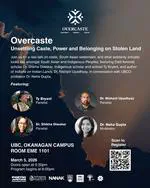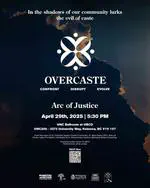Assistant Professor, Anthropology
The University of British Columbia, Okanagan
I am Assistant Professor in Anthropology at The University of British Columbia. My research programme examines and addresses geospatial and digital methods in anti-colonial and Indigenous studies of heritage (including archaeology). My research interests are geovisualization and GIS, place-based heritage, data practice, community governance of data, anti-racism and archaeology in India and Canada. I grow these interests through DARE | Digital Archaeology Research Environment, a Canada Foundation for Innovation laboratory at UBC Okanagan.
- Digital and Geospatial Methods
- Postcolonial, decolonial, anti-colonial and Indigenous studies of heritage
- Archaeology in India and Canada
PhD Anthropology, 2012
McGill University
MSc GIS and Spatial Analysis in Archaeology, 2002
University College London
BSc (Hons.) Archaeological Sciences, 2001
University of Toronto
Featured Publications
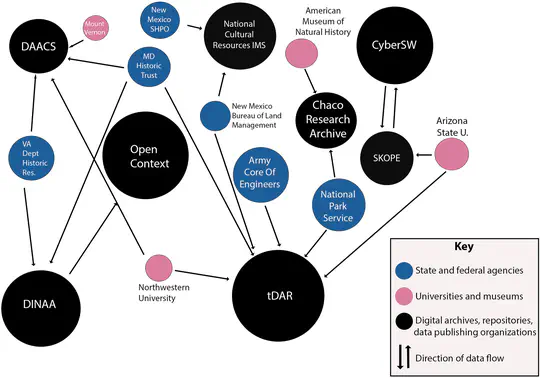
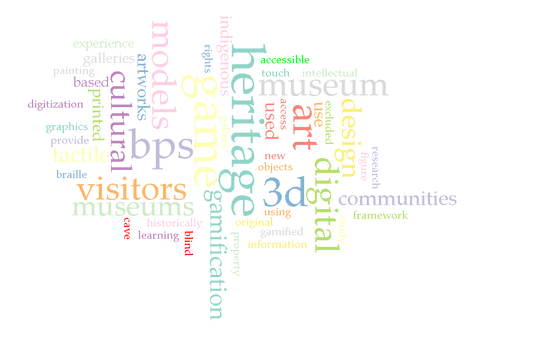
Recent Publications
Teaching
Course syllabi available
- Digital Arts and Humanities Seminar (Graduate level)
- Introduction to World Archaeology (100-level)
- Archaeological Inquiry & Practice (200-level)
- Digital Methods in Archaeology & Heritage (300-level)
- Settling Down: An Archaeology of Complex Societies (300-level)
- Applied Anthropology (400-level)
- Introduction to Geographic Information Systems (200-level)
- Scientific Applications in Archaeology (400-level)
Projects
Recent Talks & Workshops
Contact
Email me: neha(dot)gupta(at)ubc(dot)ca
